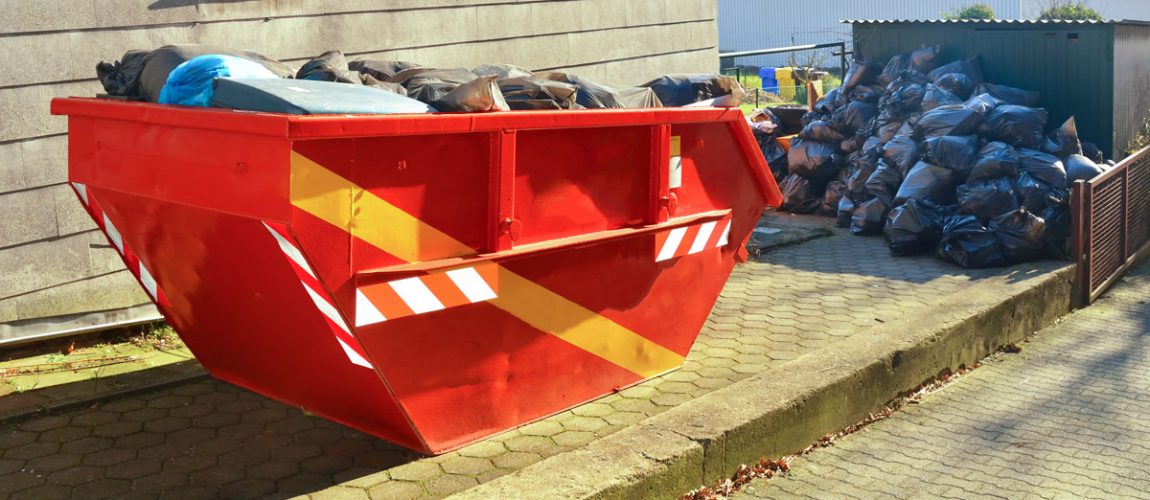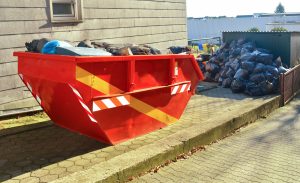Effective waste management is an integral part of any successful business. Not only is it vital for sustainability and environmental responsibility, but it is also a legal requirement.
One practical solution for dealing with commercial waste is hiring a skip. This guide aims to provide comprehensive information on the subject, tailored for business owners.
The Importance of Proper Waste Management in Business
Firstly, let’s acknowledge the elephant in the room—waste management isn’t just about keeping your premises tidy.
It’s about fulfilling your environmental responsibility, complying with laws and regulations, enhancing your company image, and even saving money through efficiency.
What is Commercial Skip Hire?
Skip hire for commercial purposes involves renting a large container to dispose of waste materials generated by your business activities.
Skips can accommodate a variety of waste, from construction debris to general office waste, offering a convenient and effective way of keeping your commercial environment clean and compliant with the law.
Different Types of Skips
Skips come in different yard sizes, typically ranging from 2 to 8 yards.
- 2-yard skips are best for small-scale projects, like minor office clear-outs.
- 4-yard skips are suitable for medium waste quantities, such as small refurbishments.
- 6-yard skips are good for larger construction projects or major office renovations.
- 8-yard skips are the largest standard size, ideal for very large commercial projects.
For most commercial tasks, you’ll find that an 8-yard skip may not be sufficient.
Hence, multiple 8-yard skips are often required to handle the sheer volume of waste, especially in large-scale projects like building constructions or extensive renovations.
The benefit of using multiple skips is that it allows for better organisation of waste, making it easier to separate recyclable materials and hazardous waste, if applicable.
Licensing and Permissions
If you’re placing the skip on public land, such as a road, you’ll need to obtain a permit from your local council. The process, fees, and time frames for this vary by location.
Failure to acquire the necessary permissions can result in hefty fines, so it’s crucial to sort this aspect out well in advance.
Cost Considerations
Costs for hiring a skip can vary depending on various factors like size, duration of hire, and location. Be mindful of additional fees such as permit costs or potential charges for overloading the skip. Budgeting for these variables is vital to avoid any unpleasant surprises.
How to Choose a Reliable Skip Hire Provider
Choosing a reputable provider is crucial. Take into account their reputation, customer reviews, and the range of services they offer.
Don’t hesitate to ask questions about their waste disposal methods, the types of waste they can handle, and what is included in their pricing.
Tips for Efficient Skip Use
Once your skip is in place, consider these tips for efficient use:
- Load heavier items first, followed by lighter ones.
- Be aware of restricted items like hazardous waste, which often cannot be placed in standard skips.
- Follow safety guidelines, such as not overloading the skip and ensuring it is well-lit if placed on a public road during evening hours.
Conclusion
Waste management is not merely a chore but a crucial aspect of running a responsible and successful business. Commercial skip hire provides an efficient and often cost-effective way to manage waste generated by your business activities.
With the considerations outlined above, you’ll be well-prepared to make an informed decision when it comes to this indispensable service.
By taking these steps, not only will you be fulfilling your legal obligations, but you’ll also be contributing to a cleaner, more sustainable environment, and ultimately, a more successful business.
Get in touch with us today for more information on our skip hire Birmingham service.








